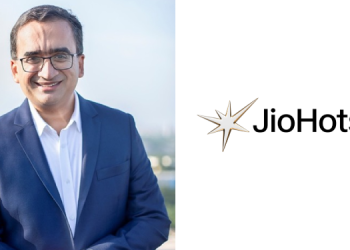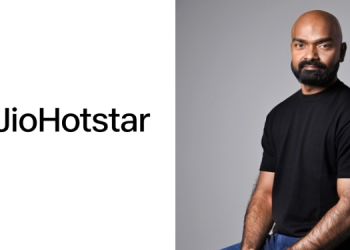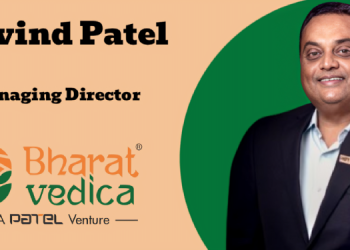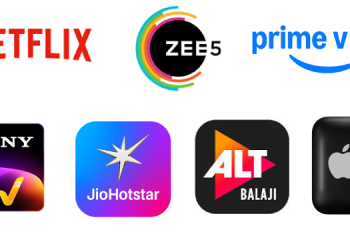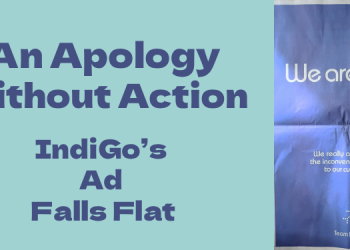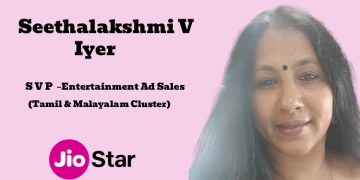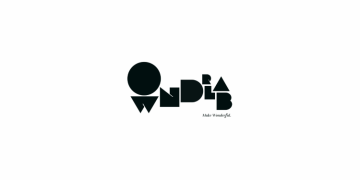The brands frequently find themselves entangled in crises that can shake consumer trust to its core, especially in the ever-evolving landscape of consumerism. Presently, Baby food brand Nestle Cerelac and Mondelez’s Bournvita became the casualties for adding Sugar. While Nestle Cerelac faces the criticism for adding Sugar in its products manufactured and supplied for kids in poor nations, Bournvita is facing the wrath of the government as it urged e-commerce platforms to reclassify it and similar beverages away from the health drinks category. This incident joins a litany of others, each bearing testament to the delicate balance brands must maintain in the eyes of an increasingly discerning public.
Incidents like 2006 Cola brands crisis of excessive pesticide residue and 2015 Maggi noodles MSG debacle, has casted a shadow over the safety and quality of some of India’s most beloved snack and beverage brands. In addition, Haldiram’s encounter with high levels of contaminants in its US products, and Tata Starbucks’ ingredients failing to meet India’s stringent safety standards, these crises underscore the precarious nature of brand reputation. In an era where consumers demand authenticity, transparency, and accountability from the brands they engage with, any misstep can have far-reaching consequences.
So, what can brands do when faced with such turmoil? The answer lies in swift and transparent action coupled with a genuine commitment to addressing the underlying issues. First and foremost, brands must acknowledge the gravity of the situation and take responsibility for any lapses in quality, safety, or ethical standards. Open and honest communication with consumers, regulators, and stakeholders is important, as is a proactive approach to rectifying the situation.
“When the curtains are pulled back, and a brand finds itself in the harsh spotlight of a crisis, it’s a moment of reckoning. The time has come to gaze into the mirror of truth and ask the hard questions – is the problem the brand’s true face, or is it the meticulously applied makeup that’s been peeled away? observes Pavan Padaki, Author: Brand Vinci and Branding Coach.
According to Padaki, for brands that have ascended from mere products or services to icons, there’s always been a layer of artfully crafted makeup – a conscious promise, sometimes exaggerated, designed to make the brand’s allure unique, persuasive, and compelling, much like a masterfully crafted advertisement.
“But when that promise is built on a foundation of deception, intentionally hiding facts or cunningly misinterpreting them in the name of “strategic marketing,” it becomes a ticking time bomb, waiting to detonate,” he underlines.
According to Padaki, these brands are called “Small Print, Bold Promise Brands” (SPBP brands), where the fine print conceals harsh realities while the bold promises seduce or shock the consumers to persuade them. The extent of the crisis these brands face is directly proportional to their legacy, reputation, and status within their category. When titans stumble, entire industries tremble. Once a brand’s position is called into question, its relevance fades, and the struggle for survival begins.
If a brand is exposed for its Small Print and bold Promise tactics, trust is shattered. If it’s called out for failing to live up to its bold promises, the strength of its engagement with consumers is irreparably damaged.
“In today’s era of heightened health-wokeism, every SPBP brand in the food, health, and wellness categories will inevitably be exposed, sooner or later. It’s time for these brands to consider a complete repositioning on a war footing basis, or to fundamentally repurpose their brand and its relevance within the category,” Padaki notes.
He underlined that Cosmetic changes like new storytelling, campaigns, logos, or brand ambassadors are futile exercises that won’t save them. It’s the time for a strategic rethink, not a creative band-aid.
“Consumers, especially younger consumers are definitely not just looking for product attributes, “observes Ramesh Narayan, Founder, Canco Advertising. “This is increasingly a world where consumers want to know if the brand is an equal opportunity employer or if the brand is kind to the environment. At a time like this I believe brands owe it to their consumers to ensure that they follow every rule in the book in spirit,” he said.
Narayan further added, “A brand that either plays fast and loose with its interpretation of the relevant laws or is uncaring about the health of consumers is writing out a prescription for disaster for itself.”
“If brands wish to earn the faith of their consumers, they must be the equivalent of a model corporate citizen. Respect your consumer to earn her respect. You see, I don’t use the word loyalty. That is a distance away. Faith and respect should come first,” Narayan underlined.
Akanksha Sinha, Head Brand Partnership, StarQuik Tata Enterprises elaborates on how brands can navigate crises in this new world.
“Transparency is King- Be upfront and honest about the issue. Don’t downplay it or resort to obfuscation. A sincere apology acknowledging the problem goes a long way. Don’t just apologize, take a corrective action and then Identify the root cause of the issue and implement corrective measures to prevent it from happening again,” Sinha said.
She further added, “Regular updates and clear explanations help in trust and understanding. Align crisis response with your brand’s core values and purpose. Perhaps the issue presents an opportunity to champion ethical sourcing or improve product safety standards. Finally, actively listen to customer concerns and use their feedback to guide your response and future actions. This demonstrates respect and a willingness to learn from mistakes.”
According to Sinha, a well-managed crisis can even be an opportunity to deepen customer loyalty and enhance brand reputation.
“Remember, consumers today are looking for brands that walk the walk, not just talk the talk. By aligning purpose with action and prioritizing genuine connection, brands can weather the storm and become beacons of trust in a world that increasingly values meaning,” Sinha surmised.


